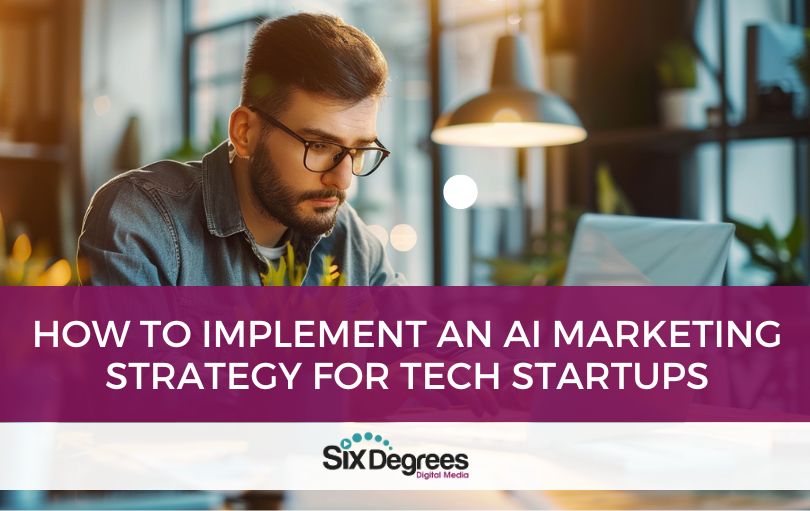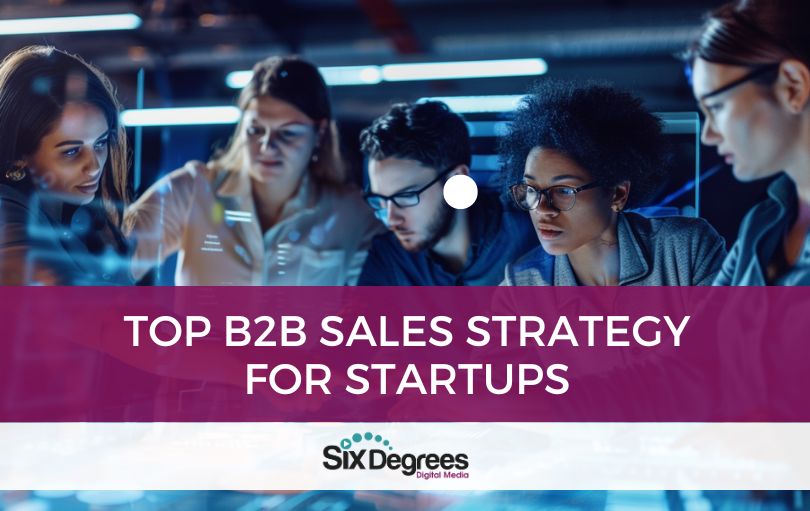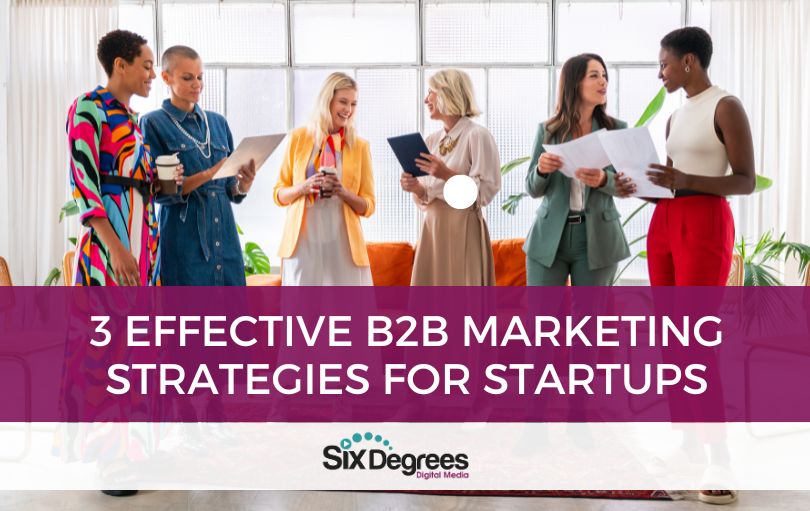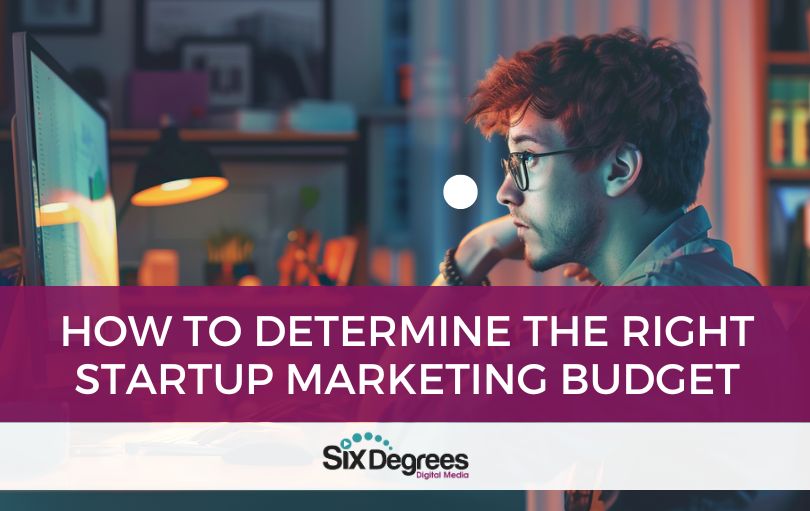The Limitations of Traditional Marketing in Tech Startups
In the fast-paced tech sector, traditional marketing strategies often struggle to meet the unique demands of startups. Many startups find themselves wrestling with outdated methods that fail to resonate with the innovative spirit of their products or the digital habits of their audiences. These conventional approaches—usually marked by broad, impersonal advertising campaigns and generic messaging—often result in inefficient use of resources and lost opportunities for genuine connection.
Furthermore, tech startups face distinct challenges that amplify these inefficiencies: swift technological change, intense competition, and the need for agility and scalability. Sticking with old-school marketing tactics can severely impair their ability to effectively engage potential customers, ultimately affecting their growth and distinctiveness in a saturated market.
Acknowledging these challenges is essential, as it prompts a shift towards more effective marketing strategies. In the following sections, we will reveal how AI-driven marketing not only mitigates these shortcomings but also enhances targeting, customer engagement, and ROI. Prepare to see how integrating AI into marketing efforts can significantly transform your startup’s approach.
Benefits of AI-Driven Marketing Strategies
AI-driven marketing strategies deliver transformative advantages for tech startups eager to boost their engagement and maximize ROI. By harnessing artificial intelligence, startups can unlock several pivotal gains:
- Enhanced Targeting:
- AI algorithms excel at analyzing extensive data sets to uncover patterns and insights that might elude human analysts. This precision allows for finely tuned targeting, ensuring that marketing campaigns reach the most appropriate audiences. Tailored campaigns resonate deeply with specific customer segments, driving up conversion rates and enhancing customer acquisition efficiency.
- Improved Customer Engagement:
- AI facilitates personalized marketing experiences that are both relevant and timely. Whether it’s through customized emails, tailored content recommendations, or dynamic website personalization, AI ensures each customer interaction is finely crafted for maximum engagement, substantially enriching the overall user experience.
- Increased ROI:
- By automating routine tasks and refining marketing expenditures, AI-driven tools not only slash costs but also amplify campaign effectiveness. This efficiency allows startups to redirect their resources toward more creative and impactful activities, yielding higher returns. Additionally, AI’s predictive analytics enhance decision-making by forecasting campaign impacts and consumer behavior.
- Scalability:
- AI systems grow seamlessly with your business, managing larger data volumes and increasingly complex decision trees without a corresponding increase in human resource needs. This scalability is vital for startups looking to expand rapidly and require marketing strategies that can scale accordingly.
- Real-Time Insights and Adaptations:
- AI tools offer real-time analytics, enabling instant adjustments to marketing strategies. This responsiveness allows startups to quickly adapt to market shifts, customer feedback, or new trends, ensuring that their marketing efforts remain relevant and potent.
These benefits illustrate how AI can revolutionize traditional marketing methods, transforming them into dynamic, efficient, and highly effective strategies. By embracing AI, tech startups not only bypass the constraints of traditional marketing but also establish new benchmarks for success in the digital era.
Implementing AI in Your Marketing Strategy
Successfully integrating AI into your marketing strategies requires a systematic approach that involves choosing the right tools, melding them with your existing operations, and ensuring your team is proficient in leveraging these advancements. Here’s a guide to building this bridge effectively:
Identifying the Right AI Tools for Different Marketing Functions:
- Customer Insights and Segmentation: Tools like Crayon or MarketMuse utilize AI to dissect customer data and market trends, delivering insights that help carve out highly targeted marketing segments.
- Content Generation and Optimization: Platforms such as Persado and Articoolo harness AI to craft and refine content, increasing its appeal to diverse audience segments.
- Ad Optimization: AI-powered solutions like Albert and Acquisio streamline ad placements and bidding strategies, enhancing the efficiency of advertising budgets.
Integrating AI with Existing Digital Marketing Strategies:
- Data Integration: Start by weaving AI tools into your existing databases and CRM systems to facilitate a smooth flow of data. This groundwork allows AI to draw on historical data, essential for making accurate predictions and customizations.
- Strategy Enhancement: Apply AI to bolster current strategies, such as tailoring messages in email marketing or social media campaigns based on user behavior and preferences. AI also aids in determining optimal times for social media posts or email dispatches, boosting engagement.
- Continuous Learning and Adaptation: AI systems evolve from ongoing campaigns and outcomes, continuously enhancing their efficacy. This evolution means that by reintegrating this intelligence into your strategies, your marketing efforts can progressively become more precise and impactful.
Training Teams to Leverage AI Capabilities:
- Skills Development: Conduct training sessions to deepen your marketing team’s understanding of AI tools and their potential impact. Highlight how these tools can elevate their daily functions and overarching marketing goals.
- Collaborative Workshops: Organize workshops that merge the expertise of your tech and marketing teams. These interactions can cultivate a richer comprehension of how AI can amplify marketing objectives and inspire more innovative solutions.
- Ongoing Education: Keep your team on the cutting edge with updates on the latest AI developments and best practices in AI implementation. Encourage participation in webinars and conferences, and provide resources for online courses focused on AI and machine learning.
By judiciously selecting suitable AI tools, integrating them seamlessly with your current strategies, and empowering your team to exploit these technologies, your startup can revolutionize its marketing approach to be more data-centric, efficient, and adaptable.
Potential AI Marketing Scenarios for Startups
Exploring the transformative power of AI in marketing, let’s look at several scenarios that showcase how startups can harness this technology to enhance their marketing efforts and drive significant business growth:
Scenario 1 – Advanced Customer Insights:
Imagine a tech startup that employs AI to perform in-depth analysis of customer data. By utilizing machine learning algorithms, this startup could segment their audience with unprecedented precision and tailor marketing strategies to perfectly match specific customer needs. This targeted approach could lead to dramatic improvements in customer engagement and a substantial increase in conversion rates, as marketing messages become incredibly relevant to each distinct segment.
Scenario 2 – Content Creation and Optimization:
Consider a startup using AI tools to automate and refine content creation. These tools would analyze performance data from existing content to suggest topics and keywords expected to resonate well with audiences. This could boost the efficiency and impact of content production, enhancing SEO rankings and driving more organic traffic.
Scenario 3 – Ad Spend Efficiency:
Envision a startup leveraging AI for programmatic advertising. AI could dynamically adjust ad bids and placements based on real-time data, optimizing the advertising budget to achieve the best possible returns. This scenario could lead to a reduction in overall marketing costs while simultaneously boosting campaign effectiveness and enhancing ROI.
Scenario 4 – Personalization at Scale:
Picture a startup that integrates AI to personalize interactions on their e-commerce platform. By analyzing past behavior, purchase history, and browsing data, AI could generate highly personalized product recommendations. This level of personalization could significantly increase customer satisfaction, improve retention rates, and encourage repeat business.
These scenarios illustrate the profound impact AI can have on various marketing facets within startups, offering a more efficient, targeted, and personalized approach to business growth. While hypothetical, these examples are grounded in realistic outcomes observed in industries where AI integration has markedly improved marketing performance.
Transform Your Marketing with AI
Embracing AI in marketing transcends merely keeping pace with technology trends; it’s about fundamentally revolutionizing how your startup connects with customers, streamlines resource utilization, and accelerates growth. AI opens a gateway to not only meet but surpass the expectations of an ever-evolving digital audience, enabling more personalized, responsive, and efficient marketing strategies.
At Six Degrees Digital Media, we excel in weaving AI into marketing strategies, unlocking the full potential of your digital efforts. Whether you aim to deepen customer insights, enhance content creation efficiency, optimize advertising expenditures, or tailor customer experiences, our team is armed with the knowledge and tools required to transform your aspirations into reality.
Are you prepared to elevate your marketing strategy and witness tangible results? Schedule a free strategy session today. Let us guide you through the intricacies of AI marketing, ensuring that your startup does more than just compete—it sets new standards of success in your field.









